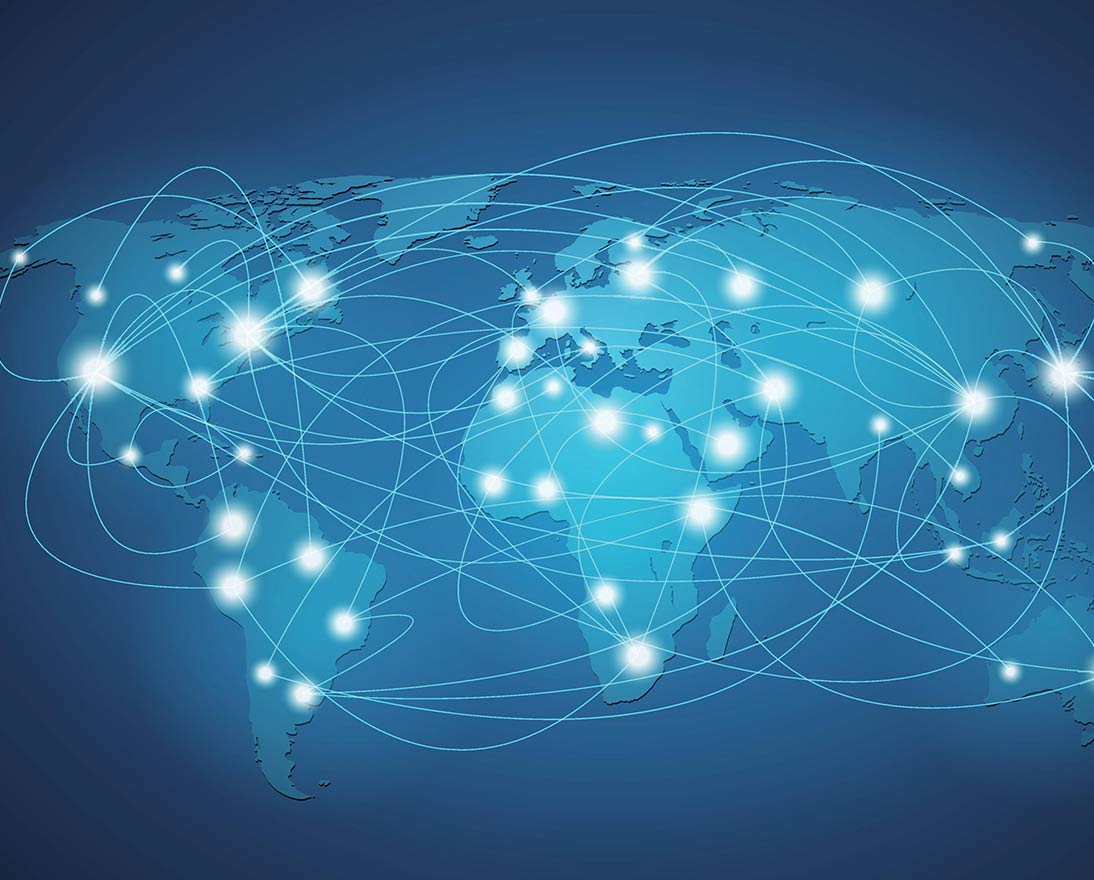
Cyber-attacks and infectious diseases worry U.S. business leaders
A global pandemic weighs heavily on the minds of executives, but cyber risks remain the top threat to doing business in annual survey
To the surprise of no one, a recent survey revealed that business leaders around the world view the spread of infectious diseases as one of their top concerns for doing business.
In a year when coronavirus has dominated the headlines and affected everything from travel and work to restaurants and sports—and, most importantly, health—the World Economic Forum’s annual survey of global business leaders highlights the obvious, but also sheds light on other risks that are keeping executives up at night.
The spread of infectious diseases was the number-two risk globally as well as in the United States and Canada. But cyber attacks held the top spot for the third consecutive year in both countries. This is, perhaps, a sign that while global risks continue to evolve, an increasingly digitalized economy remains exposed to cyber threats.
The Regional Risks for Doing Business 2020 survey by the World Economic Forum (WEF), in partnership with Zurich Insurance Group, Marsh & McLennan Companies and SK Group, asked more than 12,000 business leaders around the world to select, from a list of 30 global risks, “the five global risks that you believe to be of most concern for doing business in your country within the next 10 years.”

Globally, unemployment is the top concern for business executives, followed the spread of infectious diseases, fiscal crises, cyber attacks and profound social instability. The WEF created an interactive map that illustrates the top risks by region.
The spread of infectious diseases is undoubtedly the risk on the minds of most business leaders now, but the fact that survey respondents in the United States and Canada acknowledge the persistent risk of cyber attacks is telling. In fact, COVID-19 and cyber risks are more closely related than most might think. It’s not a coincidence that cyber attacks can involve the release of a computer “virus” that can spread from computer to computer and create a global “cyber pandemic.”
Since the outbreak of coronavirus, there has been a dramatic increase in the number of cyber incidents from companies around the world that have been affected by a new wave of coronavirus-themed cyber attacks. There is an increased likelihood of employees clicking on malicious attachments or using unsecure networks to retrieve sensitive information when working from home or in remote locations, which has become normal as businesses temporarily shut offices to prevent the spread of coronavirus.
“Cyber attacks remain a very real threat to businesses, and a global pandemic doesn’t change that,” said Yosha DeLong, technical director, cyber and professional lines for Zurich North America. “If anything, it exacerbates the risk. Business leaders in the U.S. and Canada understand that, which is why cyber attacks remains their number-one concern.”
Cyber attacks are unlikely to abate, but individuals and businesses can both play a part in mitigating the risks.






